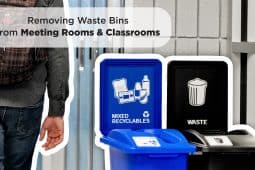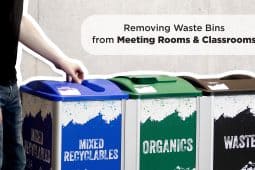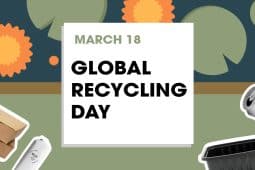What is Municipal Solid Waste (MSW)?
June 14, 2016
Definition
Municipal Solid Waste, also called garbage or trash, is nonhazardous disposable materials generated by households, institutions, industries, agriculture, and sewage. It is made up of waste, organics, and recyclable materials, with the municipality overseeing its disposal. Typically, municipal solid waste is collected, sperate and sent to either a landfill or municipal recycling center for processing.
Want to Know More?
As society has changed, the composition of MSW has transformed. In the past, waste from the community consisted as ash, wood, bone and vegetable scraps. Dumps were mainly filled with pottery or tools that could no longer be repaired as early humans would feed most biodegradables to their livestock or leave it to decompose. As society evolved, waste created by communities became more complicated, introducing metals (copper, aluminum, and steel), plastics and hazardous substances. This change in waste composition lead to the introduction of waste programs that include recycling, organics and landfills that were improved in order to protect the environment from pollution.
—
Other Sources
“For Education.” Began with the Bin. http://beginwiththebin.org/resources/for-education. Accessed May 3, 2016.
Ministry of the Environment and Climate Change. “Municipal Solid Waste.” Environment and Climate Change Canada. December 7, 2013. https://www.ec.gc.ca/gdd-mw/default.asp?lang=En&n=EF0FC6A9-1. Accessed May 25, 2016.
The World Bank Group. “Glossary.” The World Bank. http://web.worldbank.org/WBSITE/EXTERNAL/TOPICS/EXTURBANDEVELOPMENT/EXTUSWM/0,,contentMDK:20241717~menuPK:4153320~pagePK:210058~piPK:210062~theSitePK:463841,00.html#m. Accessed May 25, 2016.











